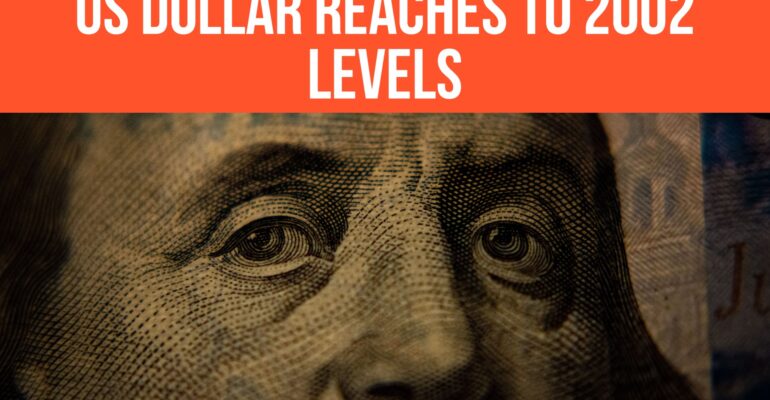How a Strong US Dollar Could Impair the World Economy
July 13, 2022 2022-07-13 19:33How a Strong US Dollar Could Impair the World Economy
How a Strong US Dollar Could Impair the World Economy
WORLD ─ The US dollar (USD) is one of the few beneficiaries of the unprecedented tightening monetary policy that the US Federal Reserve has been implementing. The interest rate hike indirectly increases the value of the USD since, in a tightening economic environment, consumers are discouraged from spending, people and institutions borrow less, and the overall demand declines. Moreover, the higher interest rates attract foreign investments in USD, increasing the demand and value of the dollar. This is evident as the USD trades at its strongest level against the Euro in 20 years.
On top of this, the looming recession fears benefit the dollar as it is the world’s legal tender, and historically, the USD has been seen as the safest currency to hold during a global economic downturn. This is because the USD is used as the world’s reserve currency of central banks worldwide. Thus, any change in its value affects the entire global economy.
But how could a strong dollar further hurt the declining global economy? Inspired by the published write-up on the topic by Alexander Tziamalis and Yuan Wang, both Senior Lecturers in Economics at Sheffield Hallam University ─ in this article, we explore some of the ways this could happen.
Ways the USD Could Further Hurt the Global Economy
1) Global Inflation could worsen
“Petrol and most commodities such as metals or timber are usually traded in US dollars. So, when the dollar gets stronger, these items cost more in local currency,” said Tziamalis and Wang. This is detrimental, especially to developing economies, since they would need more of their local currencies to exchange for USD to import essential raw materials and products.
The only exception is the US itself, as it would be cheaper to import, helping it tame its current high inflation by spending less.
2) Developing Countries will suffer the most
On top of a more expensive importation to these low-income countries, these countries would also struggle to pay off their external debts, which are usually in USD, as they would owe a larger amount relative to their local currency.
It will leave these countries little room to move. “They will either have to tax their economies more, issue inflationary local money or simply borrow more. The results could be [a] deep recession, hyperinflation, a sovereign debt crisis, or all three together, depending on the path chosen,” said Tziamalis and Wang.
3) Europe will be hit hard
“The stronger dollar is creating pressure for the European Central Bank to raise its own interest rates to prop up the Euro and subdue the cost of imports, including energy. This will put more pressure on eurozone countries with high levels of debt,” said Tziamalis and Wang.
This implies that even developed countries in the European continent will feel significant economic tension due to the rising USD. Some of these countries with relatively high levels of debt include Italy, which despite being the ninth-largest economy in the world, its total outstanding debt represents 150% of its GDP. Thus, it could find itself on the brink of an economic crisis if the ECB will not be able to meet the substantial monetary bailout the country might need.
Final Thoughts
Arguably, the USD remains the “safe haven” currency during the current economic downturn and the looming recession around the world. Furthermore, the conflict in Europe and the current geopolitical uncertainty benefits the dollar’s perceived value as the world’s strongest and most favored currency. Unfortunately, this is at the expense of the rest of the world.







